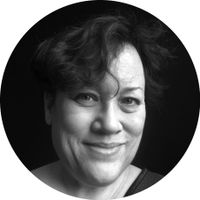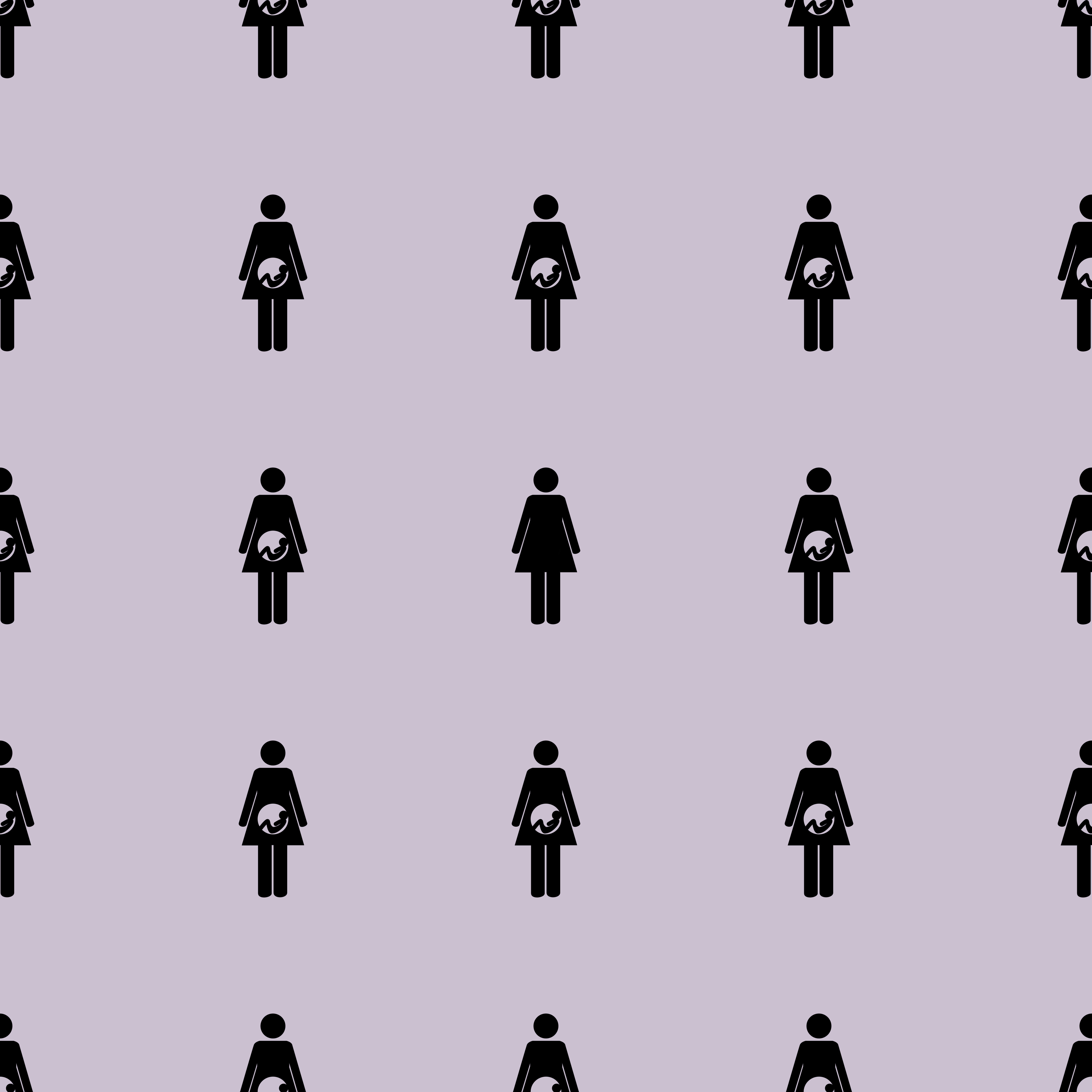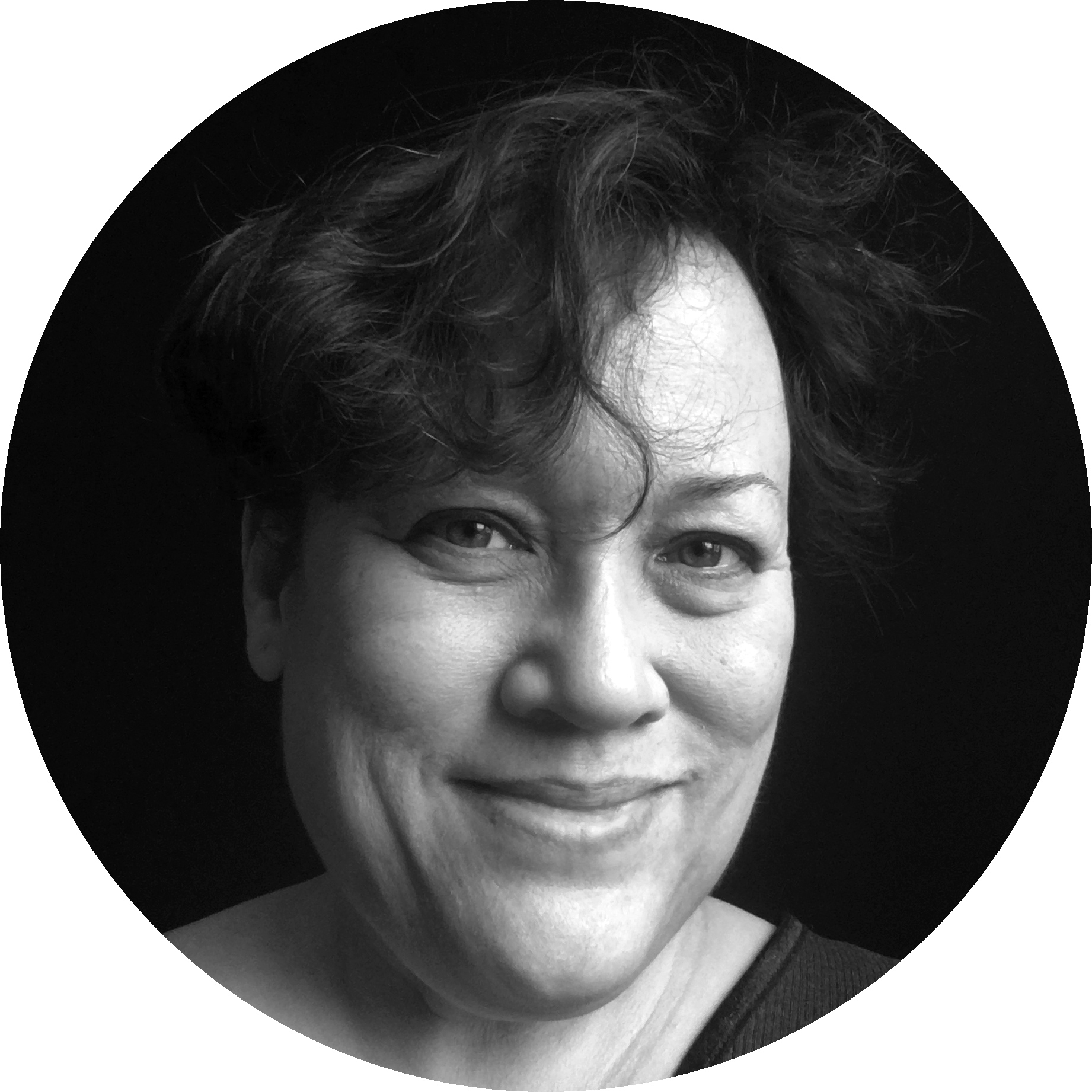I desperately wanted children. Here's how I learned to live without them.
My husband and I tried everything to have a baby. When we couldn't, we learned firsthand the stigma that comes with being a childless couple.


A free daily email with the biggest news stories of the day – and the best features from TheWeek.com
You are now subscribed
Your newsletter sign-up was successful
Come on. Come on. Two lines. That's all I wanted. Just two lines.
But I saw only one line in the plastic window, and chucked the pregnancy test in the waste basket. It was the first of several hundred trashed sticks in my decade-long attempt to have children.
Now, it's been years since the time I would have been able to get pregnant, but even now, when I hear of a pregnancy — whether it's a friend or an A-list celebrity — I'm pulled back into that dark, painful time when I tried everything under the sun to get pregnant. And failed.
The Week
Escape your echo chamber. Get the facts behind the news, plus analysis from multiple perspectives.

Sign up for The Week's Free Newsletters
From our morning news briefing to a weekly Good News Newsletter, get the best of The Week delivered directly to your inbox.
From our morning news briefing to a weekly Good News Newsletter, get the best of The Week delivered directly to your inbox.
It never, ever stops hurting. But you can't let it show because friends, family, and even strangers judge you and offer unsolicited advice, as if you'd never thought of every possible solution already.
"Oh my God! You're just married? Are you pregnant? What? Why not? Do you NOT want kids? What is WRONG with you?"
"Have sex during the full moon and don't eat celery."
And perhaps the most patronizing of all: "Listen: Go out, have a few drinks, relax. It'll happen."
A free daily email with the biggest news stories of the day – and the best features from TheWeek.com
Mike and I got married when I was 35 and he was 42. It was the first marriage for both of us. We both vowed never to settle into a relationship just because society dictated that a couple had to be married by 25 and be parents of two kids by the time they were 30 with a house in the suburbs and an Audi in the driveway. We were already talking marriage after the first week of meeting, and we definitely wanted children. We'd even decided on names: Avery for a boy; Zoe for a girl.
When I didn't get pregnant right away, I chalked it up to wacky hormones from birth control pills. My friends told me it was normal. But just to make sure nothing else was wrong, I saw a specialist. She stood in judgment of my curvy figure and my age. "You have intermittent cycles and are already of advanced maternal age," she said. "You'll have a hard time getting pregnant."
She suggested fertility drugs and routine. Nothing like scheduled sex to kill the mood. After nearly a year of trying, she told me I'd never get pregnant unless I tried IVF. I charted my body temperatures, stayed away from caffeine and alcohol. Everything in my life centered around the baby-making calendar. And still, month after month, sticks displaying that one, lonely line flew into the trash.
I was convinced my doctor was a fraud, so I found a famous reproductive endocrinologist in Los Angeles who promised IVF would work. He'd helped many patients in their 40s — including celebrities — become pregnant within one or two cycles.
The IVF process involved weeks of daily injections and regular ultrasounds. It was meant to over-stimulate egg production so the patient would produce more eggs than in a normal, non-IVF cycle. The doctor checked my egg growth and scheduled the outpatient "egg harvesting" procedure. I was sedated and six textbook-perfect, healthy eggs were harvested, ready for fertilization. Our biological children-to-be.
Finally, it was time for the egg transfer. Mike held my hand as the doctor raised my bed so my head was below my heart. "Due to your advanced maternal age," the doctor said, "we're going to be really aggressive and transfer all six embryos."
Mike and I started to fantasize about our children. What if we had six?! We thought of more names: Ian, Sophie, Kieran, and Siobhan…
The transfer took about 20 minutes. We were given a picture of the six embryos and I clutched it as if it was gold. We had a baby album at home and this would be the first entry. I was immediately put on three days of complete bed rest. I could get up only to go to the bathroom and I had to turn over every three hours to make sure the embryos implanted well. I felt like a piglet roasting on a spit at a luau.
It was a rainy day — a rarity in L.A. — when we drove to the doctor's suite to have a pregnancy test. I tried to be calm, but my breasts were swollen and my senses of taste and smell were off. I knew these were good signs but they could also be psychosomatic. The nurse looked at the test — her face a blank slate — and handed it to my doctor.
"Mrs. Kelly, let me be the first to congratulate you on your pregnancy." He beamed. I felt nauseous and asked him to repeat what he just said.
"You're pregnant!"
I couldn't believe it. Or maybe I didn't want to believe it until I saw the ultrasound. It was scheduled for six weeks out. And I almost made it. During the fifth week, I started spotting. I called the nurse in a panic and she scheduled me for an ultrasound the next day. "It's completely normal," she assured me, "but come in anyway."
And that very next day the ultrasound showed nothing. Just an empty, gray space on the monitor. I had suffered an early miscarriage. Within six weeks, I had experienced the most soaring joy of my life, only to wish for death myself when we lost our child.
"Mrs. Kelly, we need you to come in for a final blood test," chirped the tech over the phone, "to make sure it's all gone."
It's not an "it," I thought, seething with anger. "It" was our child. Our child we never knew. Possibly the only chance we would have to have our child. We were too sad to cry. There was only emptiness. I felt like a complete failure. We were good people. We had good jobs, paid our taxes, helped our families, and were always the people our friends called on in times of need.
Those friends and family kept asking and advising.
"How are you feeling? Are you going to try again?"
"Dude, that's SO expensive. Just get a dog."
So we sheltered ourselves from contact and tried to resume a normal life. But one week after the miscarriage, my car was totaled by a cop at the airport. He hit the center mullion right behind my driver's seat, and my first instinct was to clutch my belly. I didn't care what happened to me.
"The baby…" I screamed in my head.
And then I remembered. Then the tears came.
Our doctor advised that we wait a month and try another IVF. So we tried again. The second time also yielded six embryos and we harvested all of them. But when the time came for the transfer, I awoke from the procedure with my doctor standing by my bedside looking sullen.
"Mrs. Kelly, the procedure didn't work." He never explained why.
"We have one egg that is still viable and we can try again in an hour. Maybe you and your husband should consider surrogacy or adoption."
Not the thing any woman wants to hear post-procedure. Or ever.
So they tried again. And after another three-day bed-in, along with multiple blood tests and ultrasounds, the answer was still "no." Not even a viable pregnancy. Just "no."
I returned to temp-taking each morning, swearing to myself that doctors knew nothing and were only after the money. Then I read about an IVF scholarship. Only 52 women a year — one in each state — was awarded the scholarship, an all-expenses covered IVF cycle. I applied for it and beat out thousands of women in the state of California. Surely this had to be a good sign.
The new doctor was a godsend. He and his wife had struggled with infertility for years and finally had a daughter with IVF. He knew firsthand what we had been through and sincerely thought we were good candidates for a third cycle.
I was so desperate for the third try to work that Mike drove me to see and touch the African fertility sculptures at the Ripley's Believe It Or Not! museum on the day before Thanksgiving. It was normally a two-hour drive from our house but the holiday turned it into four. It was rumored that women who touched the life-size ebony figures would become pregnant. I figured we could use all the luck we could get. If I had to dance in the moonlight with a chicken foot stapled to my face I would have done it.
And looking back at that third cycle, I wish I had. Our doctor actually wept when he gave us the news.
We thought of adoption. But we didn't have the money. The IVF had put us in debt. We thought of fostering a child but that could take years with no guarantee of adoption at the end of it. We didn't have the emotional strength to help raise a young child or teenager only to have a younger couple swoop in and take that child from us. So we decided very quietly, almost subconsciously, to live as a childless couple. There was no alternative.
In the years since, we saw both my parents through their final years. We rescued a bulldog named Boris and for all intents and purposes, he became our son. Slowly the pain was replaced with our love for him. He helped us heal. He was in our lives for five wonderful years, and when he passed, it was the worst pain either of us had suffered, even more than the failed IVFs and years of trying, because we knew him. He was our boy. And we couldn't do anything to help him.
Even now, it stings when a friend announces a pregnancy or when we see Facebook posts from younger family members with kids who are the same age as ours would have been. There are reminders every single day. And we're not supposed to be bitter or angry, but it's a struggle to remember that. We know it's no one's fault that we couldn't have kids. We'll always offer best wishes to everyone who announces their baby news. But that doesn't stop the stiletto to the heart. It's as if the universe kicked us to the curb, as if we were unworthy of being parents.
Infertility and miscarriage are sadly, to this day, taboo subjects. No one likes to think about them or even admit they exist, and when the topics arise, most people react with disgust or fear. Every couple is supposed to cement their marriages with children, otherwise they're perceived as just roommates until a healthy sperm or egg donor comes along — as if the marriage is doomed without children. Blame is instantly assigned, as is pity. For me, the stigma was paralyzing, and it's something that, along with the pain, never leaves you.
But I know we're not unworthy of anything. There's nothing wrong with Mike and me as human beings, we just weren't physically able to have children. Now that we're past the days when well-meaning friends and family interrogated us about our family plans, we are sought after by their teenagers for friendship and advice — and that gives us great joy. We will always have each other. And nothing else matters. And all that extra love that we had for Boris? We shower it all on our new bulldog, Sherman, whom we rescued from a high-kill shelter right before Christmas.
Avery, Zoe, Ian, Sophie, Kieran, and Siobhan, wherever you are, Daddy and Mommy love you.
Shelley Moench-Kelly is a freelance writer and editor from Vermont via Los Angeles and Tokyo. Her freelance clients include Google, L'Oreal Paris, and MedEsthetics magazine.
-
 Why are election experts taking Trump’s midterm threats seriously?
Why are election experts taking Trump’s midterm threats seriously?IN THE SPOTLIGHT As the president muses about polling place deployments and a centralized electoral system aimed at one-party control, lawmakers are taking this administration at its word
-
 ‘Restaurateurs have become millionaires’
‘Restaurateurs have become millionaires’Instant Opinion Opinion, comment and editorials of the day
-
 Earth is rapidly approaching a ‘hothouse’ trajectory of warming
Earth is rapidly approaching a ‘hothouse’ trajectory of warmingThe explainer It may become impossible to fix
